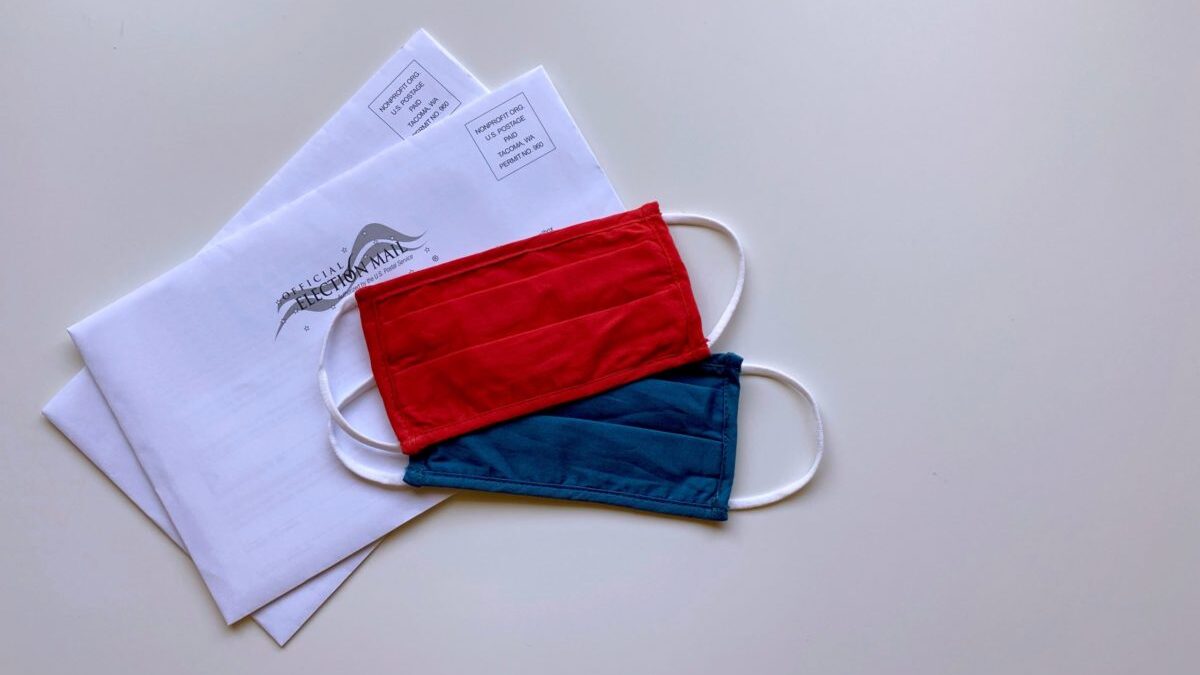Like many events this year, the 2020 presidential election is unlike any election we’ve seen before – for many reasons, one of which being the debate over science and health care.
We’ve seen leaders and scientists at odds with each other, including scientific publications like the New England Journal of Medicine and Scientific American condemning leadership through a pandemic and endorsing a political candidate for the first time respectively. Health care will most definitely change with this election, which means companies across the health industry have a stake in the outcome. Yet, most won’t weigh in or put themselves in the spotlight – avoiding a move that could potentially alienate customers, investors and other stakeholders depending on their political leanings.
This begs the question: Which health companies have chosen to acknowledge the election and how have they approached this massive moment in time?
Ensure Employees Can Exercise Their Right to Vote
Perhaps the most obvious way health companies have gotten involved with the election is by supporting their employees’ ability to vote and get involved. Pharmaceutical companies like Horizon Therapeutics and Otsuka Pharmaceutical gave employees a paid day off to vote this year, and encouraged them to volunteer at the polls and support the election in other ways. This shows great leadership and respect for employees, which may also help bolster employee retention and recruitment.
Partner to Encourage Community Voting
Blue Cross Blue Shield of Massachusetts sponsored free bike rentals on election day through partner Bluebikes, which has more than 350 bike stations in the Boston area. The partnership is consistent with Blue Cross Blue Shield’s brand focus on movement, health and wellness, and supported the local community’s ability to get to the polls.
Share Your Expertise
It’s no surprise that the events of 2020 have led to a rise in anxiety, depression and stress. And, according to a survey by the American Psychological Association, more than two-thirds of American adults say the election is a significant source of stress. To address questions about election-induced anxiety, Mayo Clinic took to the Mayo Clinic News Network to share insights on the concept of “election stress disorder” and offered Dr. Craig Sawchuk, a Mayo Clinic specialist in anxiety treatment, for media interviews about how to manage election stress.
Join The Conversation
During the 2016 election, Excedrin introduced its #debateheadache campaign – a creative way to bring some levity to the debate dialogue and seamlessly integrate a product solution. While the brand did not launch a full Twitter campaign for the 2020 election, they did do a limited reboot of their 2016 concept by creating a limited number of Election Headache Kits and releasing Excedrin Extra Strength Election Headache Limited Edition packaging.
Through all of these efforts, there is a common thread. The most authentic way to take part in a nuanced, stressful, polarizing moment like an election is to stay true to your organization’s brand and focus on bringing helpful solutions.
For more insights on communication and brand strategy, industry trends and more, subscribe today to the Weekly Buzz here.

